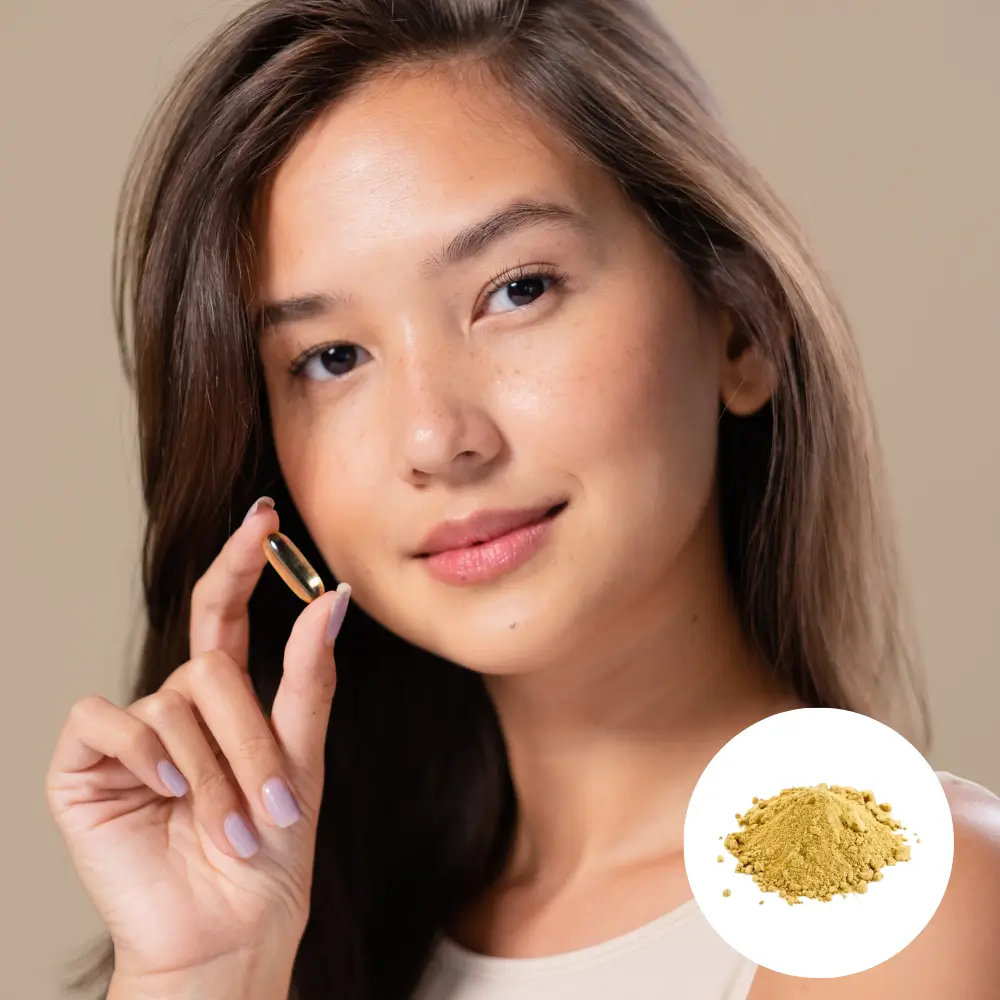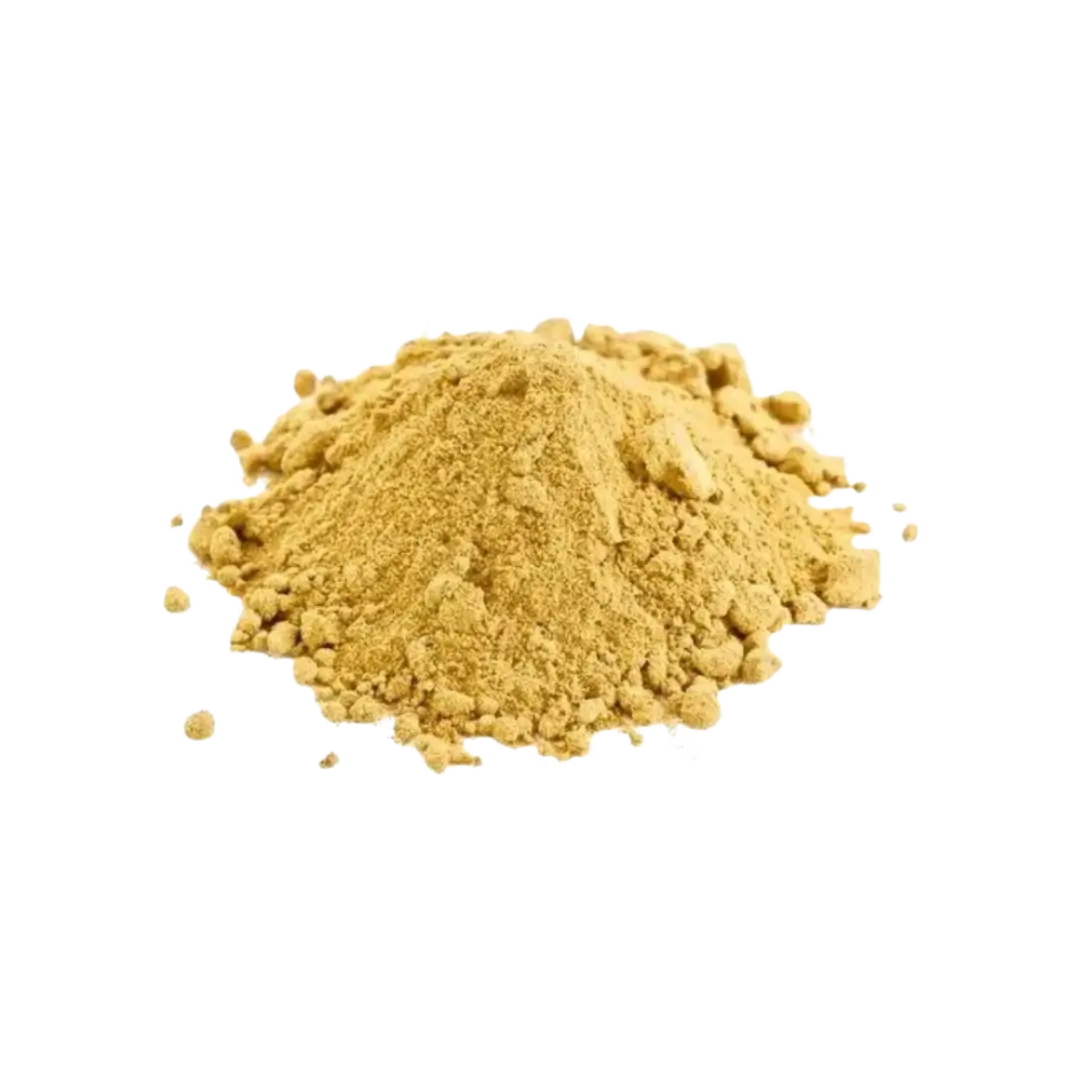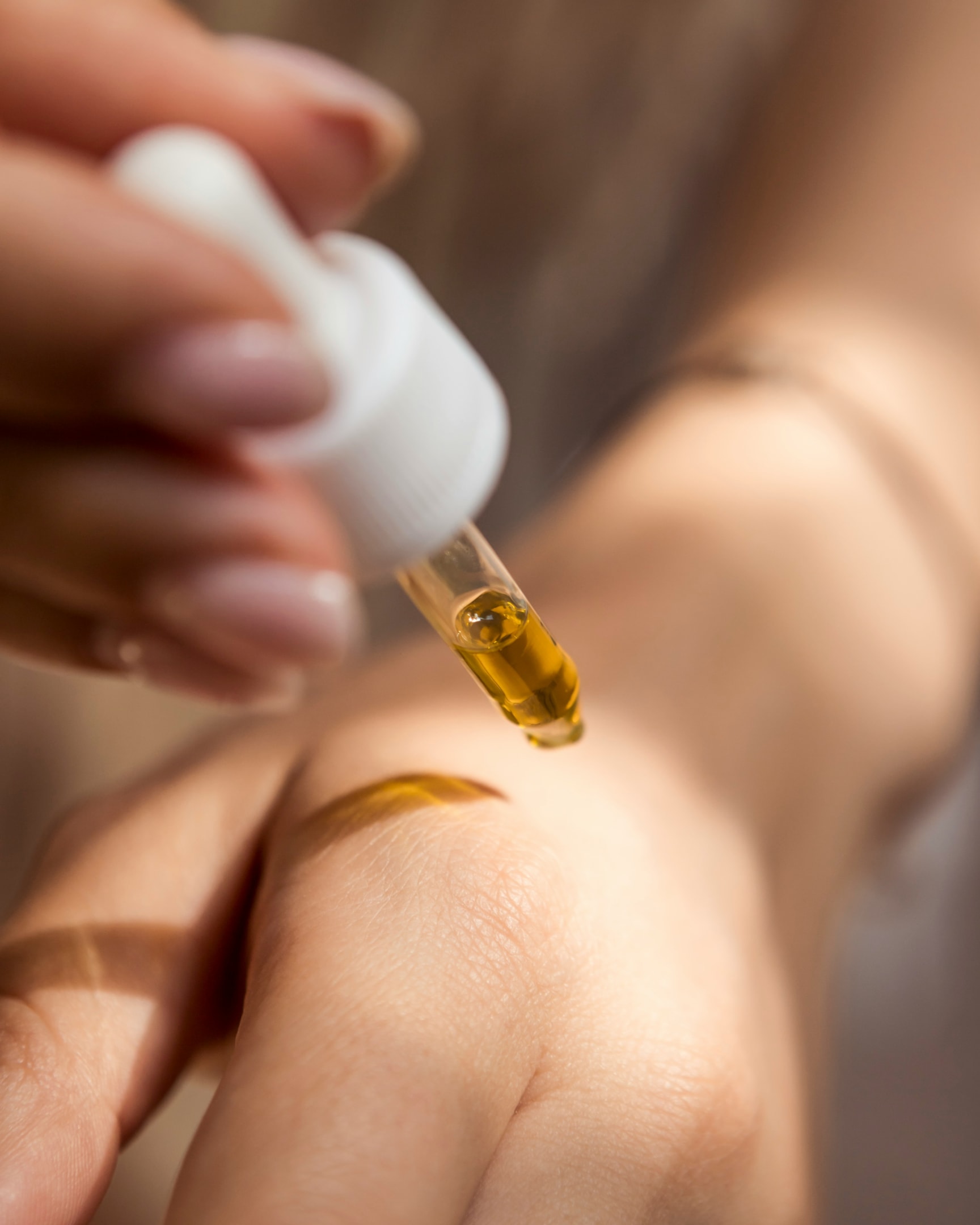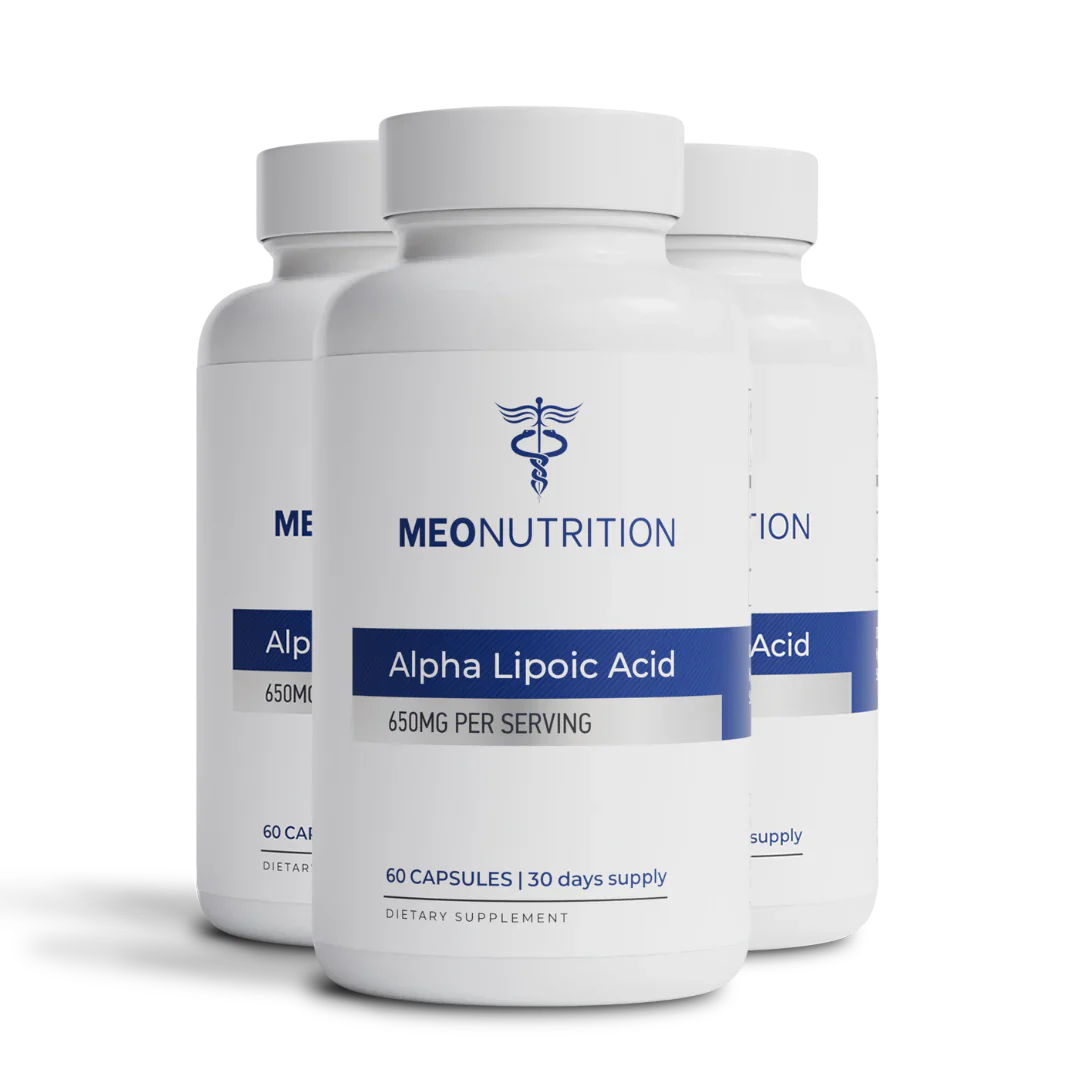Alpha Lipoic Acid (ALA) is an antioxidant known for its ability to protect the skin from damage caused by pollution, UV rays and other environmental harm.
What makes Alpha Lipoic Acid popular is its ability to dissolve in both water and fat. This allows it to work effectively, as it's able to work at different layers of the skin to the point of reaching a cellular level. Its unique properties are the reason for this antioxidant being so effective in combating environmental stressors.
Some of the benefits of Alpha Lipoic Acid for skin are the improvements in the skin's texture, the reduction of fine lines, and making the skin look radiant. ALA also helps collagen production and keeps the skin firm and smooth. Its anti-inflammatory properties reduce redness and irritation.
This powerful antioxidant also maximizes the effects of other antioxidants like vitamins C and E, making it a valuable ingredient in many anti-aging products. As its popularity continues to grow, ALA is present in various formats like serums, creams, and anti-aging skincare treatments for a healthier and more youthful appearance.

What is Alpha Lipoic Acid?
Alpha lipoic acid is a naturally occurring compound known for its strong antioxidant properties that help protect cells from oxidative stress and damage caused by the environment. As it is capable of dissolving in both water and fat, it works in different areas of the body, including the skin, nervous system, and vital organs.
The body produces small amounts of ALA on its own, but it can also be obtained from foods like spinach, broccoli, potatoes, and red meat, as well as through dietary supplements.
Alpha lipoic acid for skin
This antioxidant helps to prevent skin aging by reducing fine lines, improving facial skin texture and making it appear more radiant. This is the reason for this antioxidant to be so popular among anti-aging and skincare products.
Beyond skincare, it also contributes to bone health by reducing inflammation and supporting bone density, which is very important for maintaining strong and healthy bones as we age.
Alpha lipoic acid supplements also contribute to metabolic health by helping to regulate blood sugar levels, improving insulin sensitivity and aiding in energy production within cells. As a result of its diverse benefits, ALA is also used in health and wellness products, making it a very popular supplement for both internal and external well-being.
Benefits of Alpha Lipoic Acid for Skin
Among some of the benefits of alpha lipoic acid for skin health, is its ability to brighten it. While it's a great option to neutralize free radicals and reduce oxidative stress of the skin, ALA also promotes collagen production. This helps maintain firmness and elasticity, reducing the appearance of fine lines and wrinkles.
This compound also has anti-inflammatory properties that help reduce redness, puffiness and irritation, making it the perfect option for people who have sensitive or acne-prone skin.
Effects of Alpha Lipoic
As we've mentioned before, Alpha lipoic acid works together with other antioxidants, like vitamins C and E, to protect the skin from pollution and UV rays, but, beyond skincare, this powerful antioxidant assists the body in other ways. For example, in heart health, by promoting a healthy blood circulation, reducing oxidative stress, and ensuring a better nutrient delivery.
ALA also contributes to better sleep quality because it helps to regulate blood sugar levels and reduce inflammation, both of which can affect rest. With these many benefits, this antioxidant continues to grow its popularity among skincare products and health.

How to Incorporate Alpha Lipoic Acid into Your Skincare Routine
Incorporating Alpha Lipoic Acid into a skincare routine requires a gradual approach to make sure to avoid irritation. For people new to ALA, it's recommended to use it two to three times per week initially, as this will allow the skin to adjust while minimizing any risk of adverse effects. As time passes by and the skin builds tolerance, ALA can be used daily or every other day.
As this supplement increases the skin's sensitivity to sunlight, it's recommended to apply at night! But if it is used during the daytime, it's best to pair it with broad-spectrum SPF sunscreen to prevent photodamage.
Alpha Lipoic Acid Ala: benefits for the skin
Selecting the right Alpha Lipoic Acid product is essential to achieve optimal skincare results, and to do so it's important to consider several factors.
First: The concentration plays an important role in its effectiveness. Products that contain ALA usually have it at 1% to 5%, so beginners should start with low concentrations.
Second: The formulation matters! As ALA can be found in serums, creams, and lotions, it's important to choose the format that best suits the type of skin and routine.
Third: knowing the additional ingredients that can contribute to Alpha Lipoic Acid's efficiency. Many products include complementary antioxidants like Vitamin C, Vitamin E, or Coenzyme Q10 that work together with ALA on protecting the skin against environmental damage.

How to Layer Alpha Lipoic Acid with Other Skincare Products
Being aware of the right way to apply skincare products is important to maximize absorption and effectiveness. When incorporating an alpha lipoic acid skin care routine, the ideal order of application is:
-
Cleanser – to remove the dirt and oil from the face.
-
Toner – to hydrate the skin.
-
Serum (ALA-Based) – it needs to be applied before heavier creams to improve its absorption.
-
Moisturizer – to hydrate and build the skin's protective barrier
-
Sunscreen (in morning routine) – If Ala is applied during the day, it's important to apply a broad-spectrum sunscreen with SPF 30 or higher.
Additional Health Benefits of Alpha Lipoic Acid
Taking alpha lipoic acid contributes to overall health, but particularly in Joint Health and Brain Health. It helps reduce inflammation and oxidative stress, making it a valuable supplement for people who experience joint discomfort. It also improves cartilage health and mobility, which can impact positively on joint function.
This antioxidant neutralizes free radicals and intensifies the mitochondrial function, helping to improve cognitive function and memory retention.

Potential Risks And Side Effects
Alpha lipoic acid skin before and after
While Alpha lipoic acid has numerous benefits, it can also cause side effects, especially on individuals with sensitive skin. For example, redness, irritation, or a tingling sensation after applying it.
Some notice changes on their skin texture, such as dryness or increased sensitivity, when incorporating ALA-based products. To avoid any, it's best to start with a lower concentration to allow the skin to adapt.
Aside from skincare, Alpha lipoic acid may also influence Digestive Health and Men's Health. Some experience mild stomach issues, including bloating, nausea, or acid reflux, particularly when taking ALA supplements in high daily doses. For this reason, it's always recommended to consult a healthcare provider before incorporating ALA to your routine.
Conclusion
Alpha lipoic acid is a strong antioxidant that offers many benefits for the skin and health. It improves the skin's texture, reduces fine lines while supporting collagen production. As a result, it makes the skin look radiant, firmer and with a youthful appearance.
Its ability to work together with other antioxidants like vitamins C and E, allows ALA to protect the skin from environmental damage, making it a valuable addition to any skincare routine. This antioxidant also helps the metabolism, promotes healthy joints and contributes to cognitive function.
As with all supplements, it's important to consult a healthcare provider first, and to gradually introduce ALA into your routine, especially for people who have sensitive skin or any health conditions.

